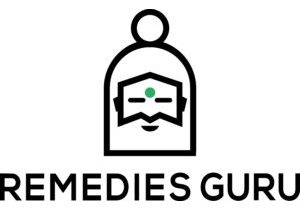Vitamin C
Vitamin C or L-ascorbic acid or L-ascorbate is an essential nutrient for humans and certain other animal species. In living organisms ascorbate acts as an antioxidant by protecting the body against oxidative stress. It is also a cofactor in at least eight enzymatic reactions including several collagen synthesis reactions that cause the most severe symptoms of scurvy when they are dysfunctional.
Vitamin C is also important for immune system and for the adrenal level function.
In animals these reactions are especially important in wound-healing and in preventing bleeding from capillaries.
Ascorbate is required for a range of essential metabolic reactions in all animals and plants. It is made internally by almost all organisms although notable mammalian group exceptions are most or all of the order chiroptera (bats), guinea pigs, capybaras, and one of the two major primate suborders, the Anthropoidea. Ascorbic acid is also not synthesized by some species of birds and fish.
Daily dose for Vitamin C – 500-1000 mg
Food that contains vitamin C : Fruits, Grapefruit, Guava, Lemons, Mangos, Orange juice, Tomatoes, Strawberries, Vegetables, Black currants, Broccoli Oranges, Brussels sprouts, Cabbage Peppers, sweet and hot, Collards Potatoes, Green peppers, Kale.
